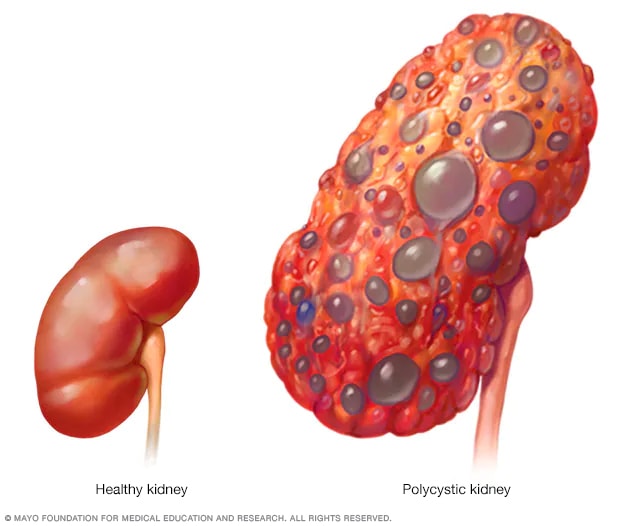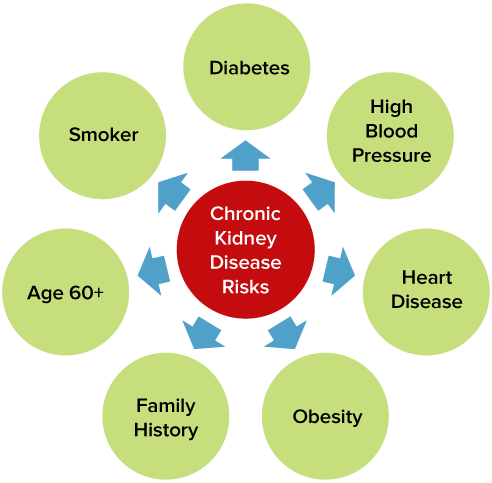Kidney Disease: Understanding and Managing

Introduction

Kidney disease, also known as renal disease, is a condition that affects the kidneys' ability to function properly. It can lead to a range of health problems and, if left untreated, can be life-threatening.
Causes of Kidney Disease

There are several potential causes of kidney disease, including:
- High blood pressure
- Diabetes
- Genetic factors
- Autoimmune diseases
- Exposure to certain toxins
Symptoms and Diagnosis

Common symptoms of kidney disease include fatigue, swelling, changes in urine output, and high blood pressure. Diagnosis typically involves blood tests, urine tests, and imaging studies.
Managing Kidney Disease
While kidney disease can be a serious condition, there are steps that can be taken to manage it and slow its progression. These may include:
- Controlling blood pressure and blood sugar levels
- Adopting a kidney-friendly diet
- Getting regular exercise
- Limiting exposure to toxins
Conclusion
It's crucial to understand kidney disease, its causes, and how to manage it effectively. If you suspect you may be at risk or already have kidney disease, consult a healthcare professional for guidance and treatment options.
